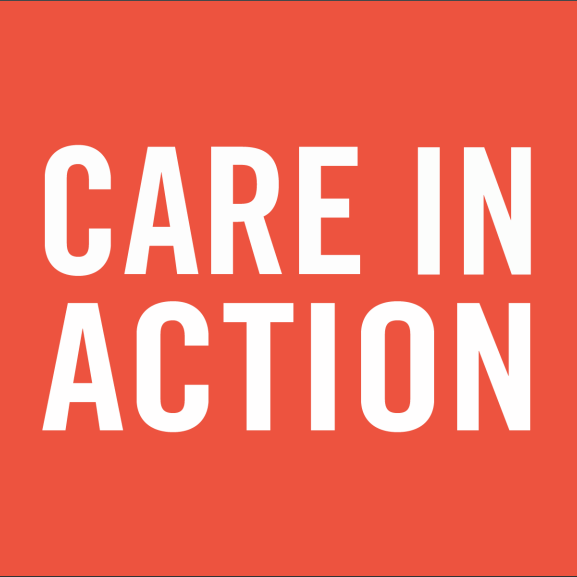Care in Action Calls on $400B Investment in Reconciliation Process
Domestic workers share paid leave stories to highlight funding needs for Home and Community-Based Services
On Tuesday, the U.S. House of Representatives approved a $3.5 trillion budget resolution, greenlighting the reconciliation process to unlock spending on care investments for paid family and medical leave, child care, and key home- and community-based services (HCBS). This is a critical step in prioritizing the economic stability and wellbeing of care workers — the fastest-growing workforce in the American economy.
“The overall quality of life for Virginia’s care workers and their families will improve with significant investments in our care infrastructure,” said Alexsis Rodgers, director of Care in Action Virginia. “It took a pandemic for this country to start to wake up and see the value of the women who take care of children and our loved ones. Now, we have an opportunity in this federal budget to see real funding that will create lasting benefits for the safety, health and stability of care workers.”
The budget resolution gives instructions to certain Congressional committees to invest in a range of social programs. Care in Action is calling on federal dollars for a $400 billion investment in HCBS that will create more quality care options for family caregivers.
Domestic workers, home care workers, advocates and policymakers are sounding the alarm on the care crisis unfolding in the country. Their stories are highlighted in the Virginia Campaign for a Family Friendly Economy’s August Storybook. The edition uplifts the experiences and priorities for Virginia’s care economy and the need for a statewide paid family and medical leave program in Virginia.
Virginia has approximately 60,000 domestic workers who work in private homes and are paid directly by their employers, agencies or in combination with Virginia’s Medicaid program. Most domestic workers are Black, Latinx and immigrant women. They provide assistance with meal preparation, housekeeping, dressing and other activities of daily living for others yet, too often, are unable to provide for their own families.
“We give our lives to clean the houses, to take care of the kids, to take care of other people like our families,” said Ingrid Vaca, domestic worker and Care in Action advocate. “But sometimes, people don’t recognize that we are human beings, and we have feelings. We need a future, not only for us, but also for our families.”
According to the Women Effect Action Fund, almost 1 in 5 of Virginia’s home care workers live in poverty. Virginia’s home care workers earn an average hourly wage of $10.14, and have average annual earnings of only $16,500. Investing in HCBS will enable more workers to earn a living and keep family caregivers working. More families, older adults and people with disabilities will also be able to access the services they need in the community.
Federal funding will create and support 18,770 new jobs each year over the next 10 years, where 14,700 are “living wage” care jobs. Plus, an additional $721.5 million of income will go to Virginia’s workers and their families. This level of investment is the economic boost that would benefit all of Virginia and will help the state recover from the impact of COVID-19.
“Many people across the Commonwealth are caring for their loved ones while working unaccommodating hourly wage jobs,” said Rodgers’ in the August storybook. “If they had jobs with access to paid family and medical leave, they would be better positioned to meet their work and family care needs.”



